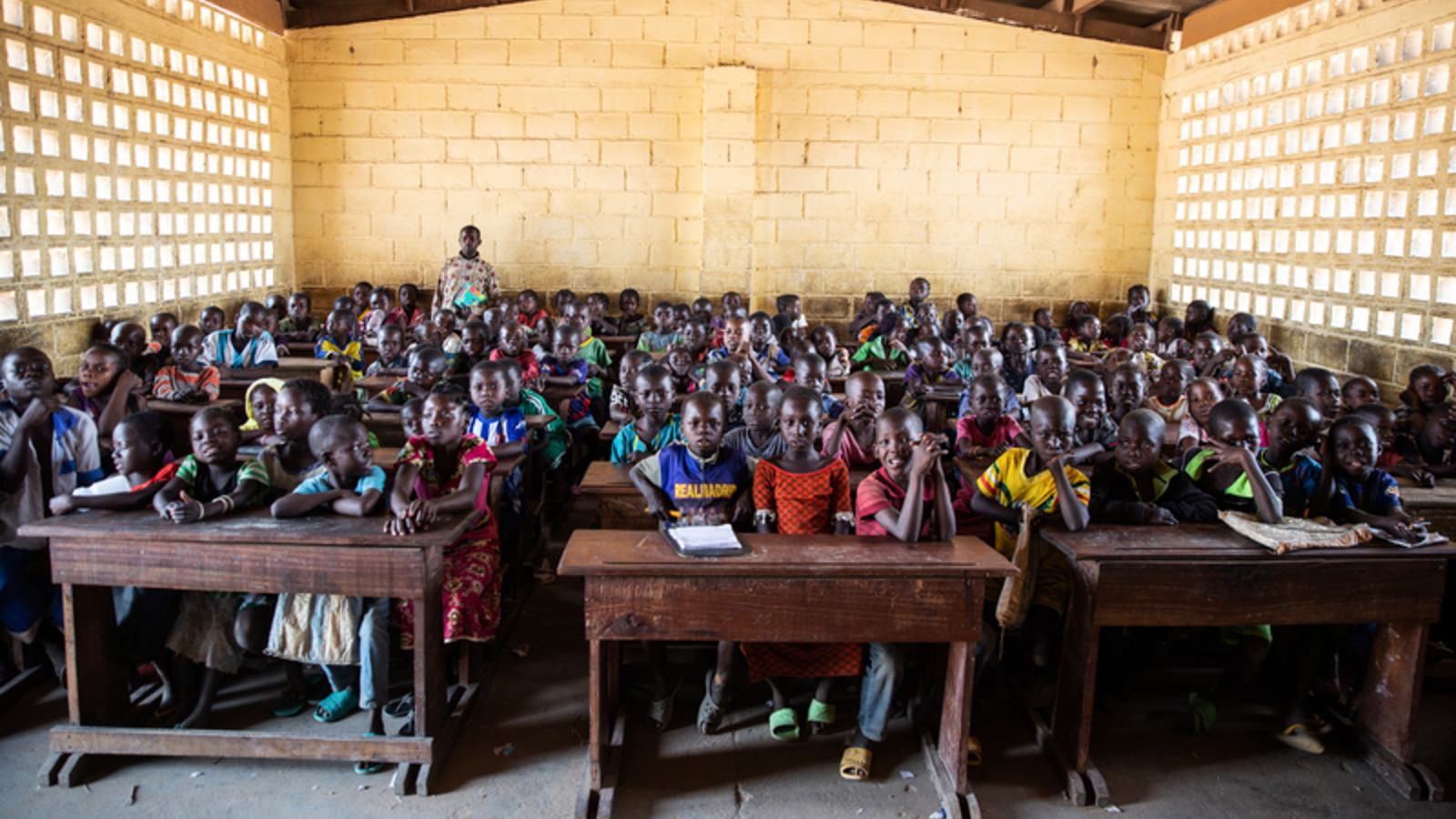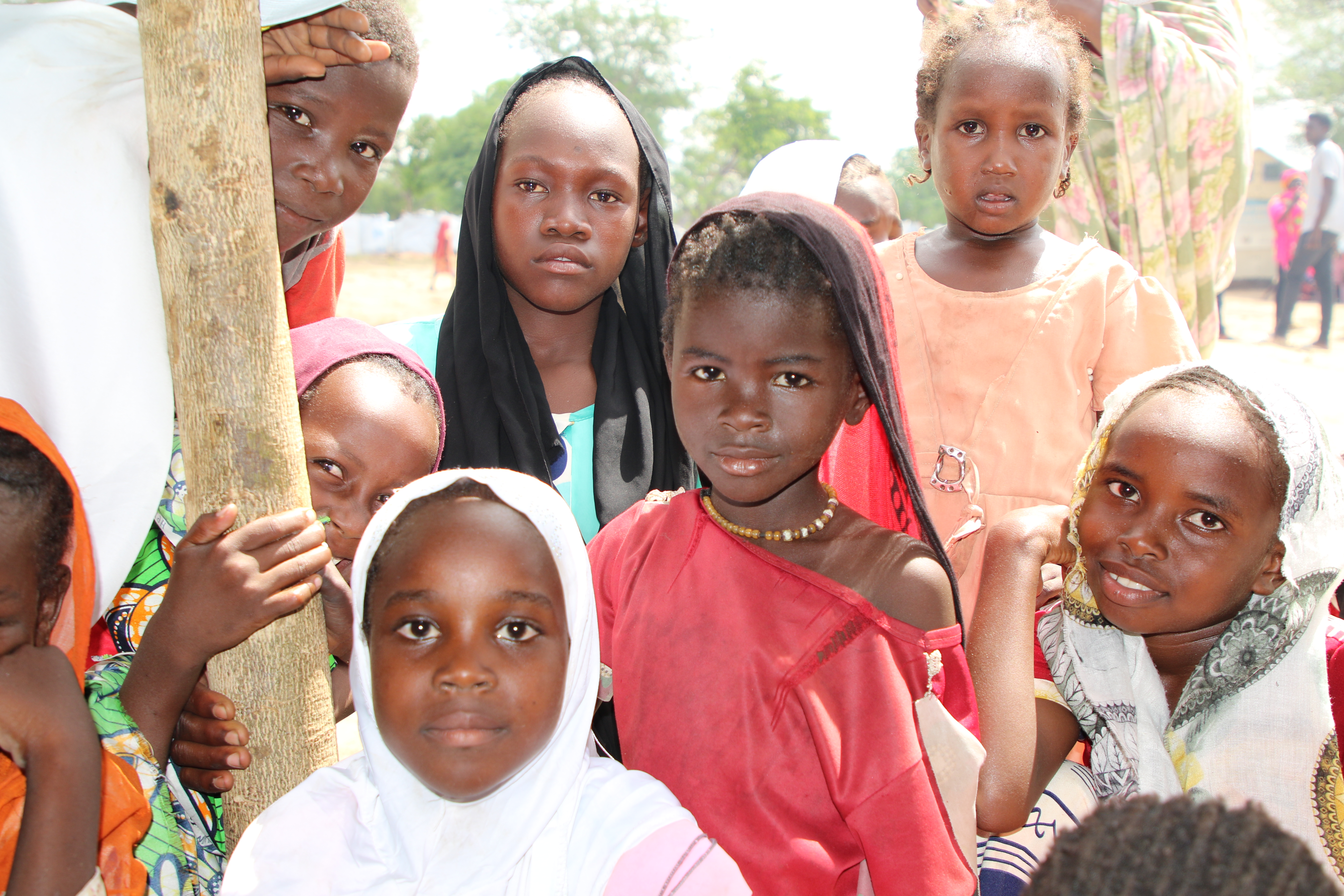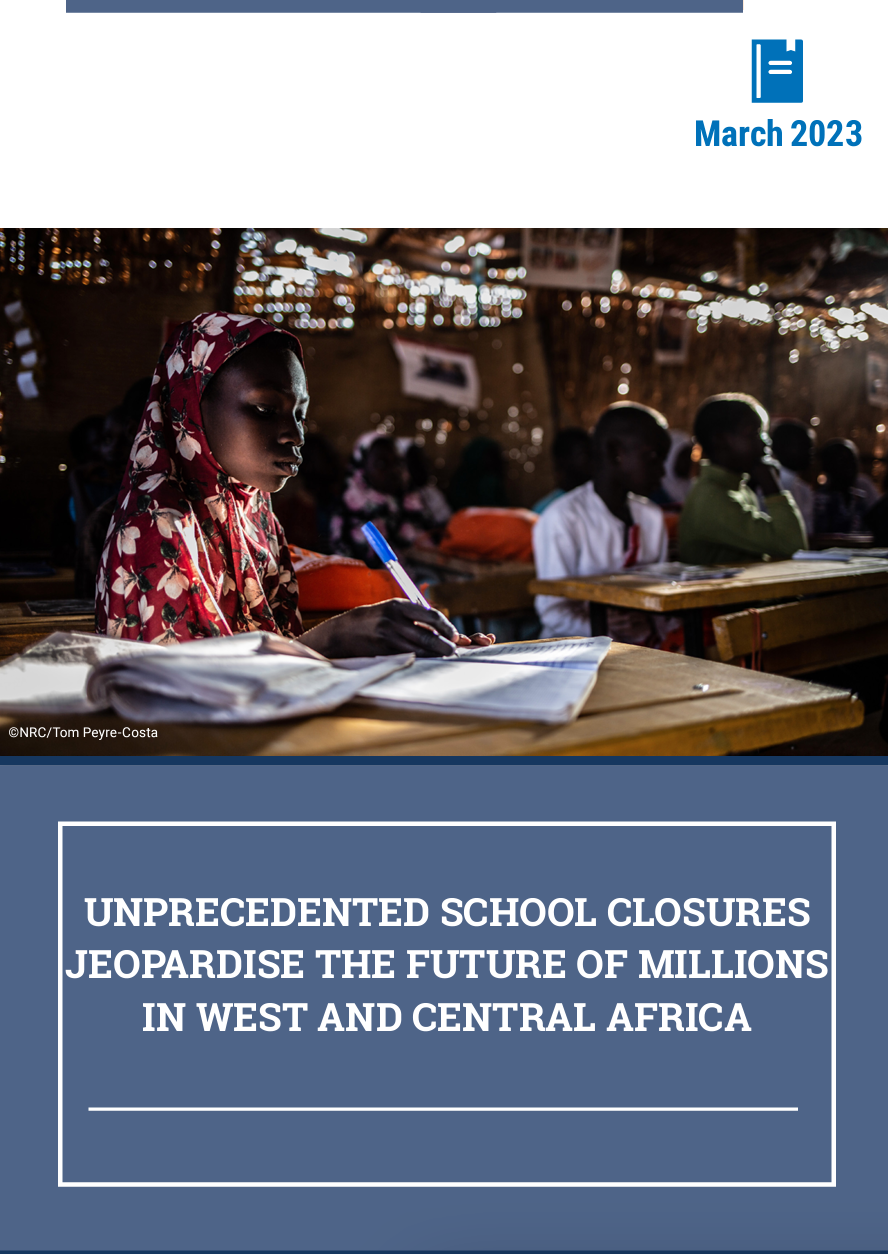ECW in Central African Republic
The Central African Republic is one of the toughest places in the world to be a child. Conflict, displacement and instability are undermining efforts for peaceful development, putting children and adolescents at serious risk. Many schools are occupied by armed forces, or inaccessible due to conflict, leaving girls and boys all over the country without access to quality and safe education. In this vastly complex crisis, Education Cannot Wait (ECW) supports partners to provide non-formal learning spaces and improve existing infrastructure to reintegrate children back into formal schools to continue their education.
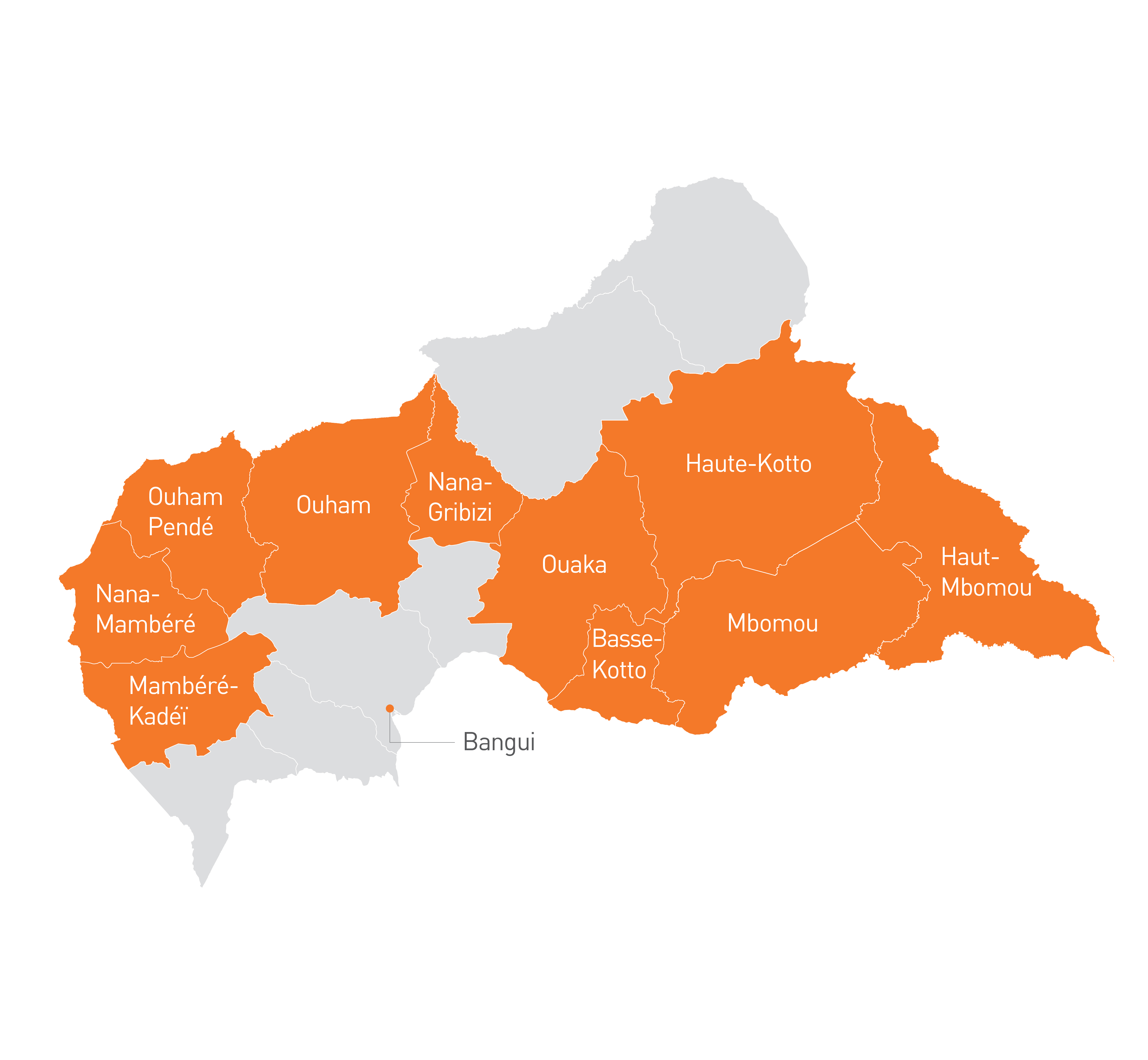
Investments
Financial Information
National Counterparts
Ministry of Education
Results
Additional Results
- Number of teachers/administrators trained in water, sanitation and hygiene topics: 6,691
- Number of children and adolescents receiving cash transfers for education: 1,942
- Number of teachers/administrators trained in emergency preparedness, disaster risk reduction and risk management topics: 987
COVID-19 Results
Programme Info
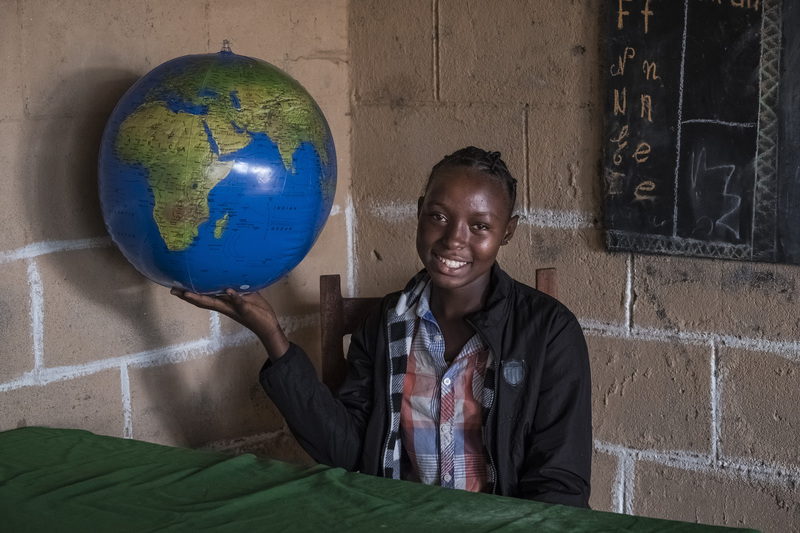
Where schools are open, they often lack qualified and trained teachers, learning materials, and sound building structures. These quality issues, coupled with families fleeing violence, have caused many students to drop out of school.
ECW started with a First Emergency Response in 2017 and a Multi-Year Resilience Programme (MYRP) rolled out in 2019. The priorities are increasing access to education; reintegrating children into schools; training teachers; and promoting students’ academic achievement. An innovative radio-based education programme also helps to reach children in inaccessible areas and those who are on the move.
Programme Components
- Developing safety and protection. Construction of WASH infrastructure, including latrines and child-friendly spaces. The MYRP assists school management committees with the development and implementation of safety plans and school-level alert systems in case of emergencies.
- Enhancing learning and skills. The MYRP has facilitated the organization of upper-secondary national examinations in remote areas. Students preparing for national exams are supported with remedial sessions. The programme offers children in need with catch-up classes to facilitate their reintegration into the formal system. Additionally, teachers are trained on issues such as pedagogy, child protection, psychosocial support, WASH and gender-based violence.
- Improving access to education. Facilitation of the reopening of schools by building and rehabilitating schools and classrooms; delivering training courses for teachers; providing teaching and learning supplies; and supporting local education authorities, including upgrading pre-primary learning spaces to make them fully functional.
- Promoting gender equality in education. Conducting campaigns among parents and communities to raise awareness of the importance of enrolling girls in school and preventing drop-out due to socio-cultural norms that discourage girls from pursuing their education. Teachers are trained on topics such as gender-specific risks faced by girls in humanitarian crises, the use of positive discipline in the classroom and the prevention of sexual harassment. Establishment of ‘girls’ clubs’ in schools, providing scholarships specifically for girls and encourage women's participation in community groups such as parent associations.
- Reintegrating children into schools. Through ECW funded non-formal schools, thousands of children successfully transition to formal education or non-formal education. Payment of school fees for refugee and internally displaced girls and boys, thus facilitating their reintegration into the formal system.
- Strengthening systems. Provide technical support to education authorities on data collection and analysis, including the monitoring of gender dimensions of the crisis and its impacts on vulnerable children, internally displaced children and children with disabilities. Teachers are taught how to collect data on student outcomes, and school authorities establish mechanisms to monitor children’s learning progress. The MYRP has facilitated the organization of upper-secondary national examinations in remote areas. Students preparing for national exams are supported with remedial sessions. The programme offers children in need with catch-up classes to facilitate their reintegration into the formal system. Additionally, teachers are trained on issues such as pedagogy, child protection, psychosocial support, WASH and gender-based violence.
For more information on ECW's work in the Central African Republic, please contact Country Lead Graham Lang (glang@un-ecw.org) and Programme Manager Noemi Robiati (nrobiati@unicef.org).

